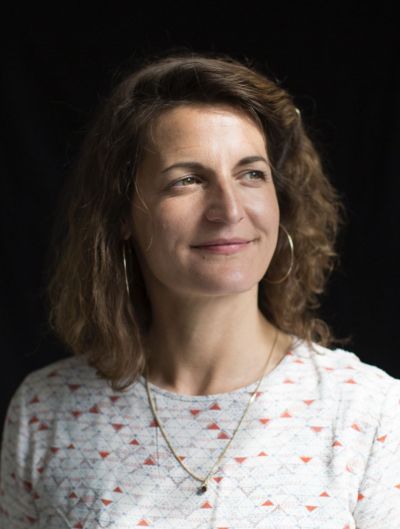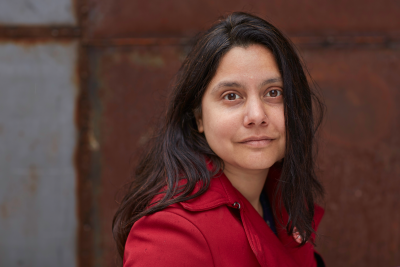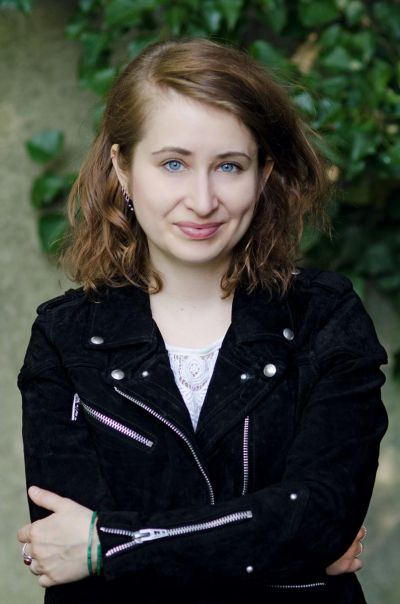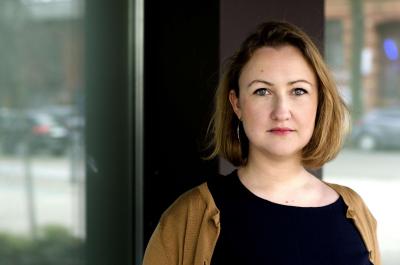Mia Raben – Journalist and author

For as long as she has been able to think, Mia Raben has wanted “to do something with language”. She did a language course in Spain and went to Amsterdam, where she studied Spanish, European law and political sciences. Of course, she also picked up Dutch at the same time. She was then awarded one of the coveted places at the Berlin School of Journalism and engrossed herself in the tools of her trade. She fondly remembers her mentor Christian Bommarius: “He is not just a razor-sharp analyst of current political events; he is also a literary person. When I said to him that I intended to go to Warsaw to work as a freelance correspondent, he said “That is wonderful!”, and gave me the thick Fischer paperback edition of Witold Gombrowicz’s diaries.”
During her time in Warsaw, Mia Raben sometimes felt like an imposter who is not as Polish as she claims. She says, “I was feeling my way in this country that was in one way so familiar to me and at the same time so foreign.” Although the people there were mostly friendly towards her and were happy that she was learning Polish, Mia Raben was actually ashamed because she thought that she ought to speak it better by now. As if it was her fault that they had only spoken German at home when she was a child. Perhaps it also had something to do with the less positive image of Poles that she had come to be aware of in Germany: “People in Germany seldom reacted to Poland and to anything Polish with genuine interest, with curiosity or good will; instead they had this particular mix of dismay and sympathy which was very unpleasant to me as a child; I still remember it exactly.” Fortunately, Mia Raben thinks that this has changed in many places. However, she still does not believe that the derogatory indoctrination from the Nazi era has been completely overcome: “The tales of “Slavic subhumans” or of “peasant folk”, whose manpower was to be exploited, have done a lot of damage.” In 2022, Mia Raben expressed her view of the processing of the Nazi era in Germany in a critical text. In the same literature blog, she also published her autobiographical essay ”Wovon wir sprechen, wenn wir Versöhnung sagen” [What we mean when we say reconciliation], in which she grapples with her relationship with Poland and Germany.
Back to Warsaw in the Noughties. It is not the case that Mia Raben just feels foreign and ashamed here; often she also feels light and inspired. Elated by the desire to get to know, discover and recount, she experiences Warsaw as a goldmine. The exciting material seemed to wait for her on the street corners. She wrote about milk bars, about the Orange Revolution in the Ukraine, about Auschwitz, about the Kaczyński twins. Time and again, however, she had the feeling that she had not managed to describe the fundamental characteristic. She found that the journalistic form was not enough to capture her impressions, observations and also her subjective associations and speculations.
So she started to write short stories in which she takes real events and experiences a step further. She produced a whole pool of short stories which all related to the system change of 1989 in one way or another. Whilst she was doing this, she worked as a journalist during the day, writing about the scandal surrounding the so-called Wildstein list for example, or about the “perceived neighbourship” between Poland and Germany.


